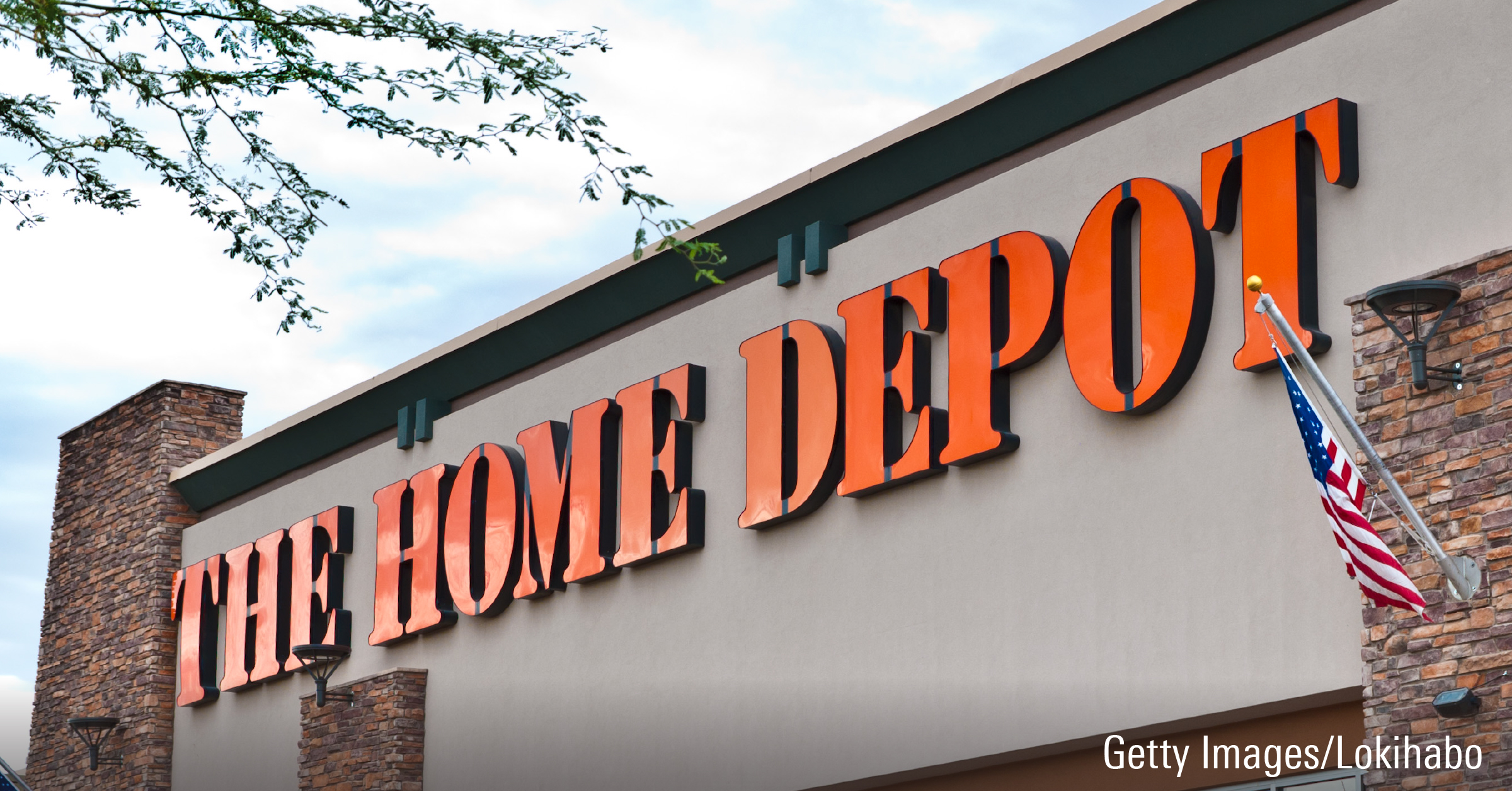
Home Depot reported an EPS of $3.63, surpassing the Zacks Consensus Estimate.
The company’s revenue stood at $36.42 billion, slightly missing the consensus estimates.
Financial ratios such as the P/E ratio of 22.31 and D/E ratio of 40.38 highlight Home Depot’s market valuation and financial health.
Home Depot (NYSE:HD), a leading player in the home improvement retail sector, recently unveiled its financial results for the first quarter of fiscal 2024. The company reported earnings per share (EPS) of $3.63, which exceeded the Zacks Consensus Estimate of $3.61 per share. This performance, however, represents a slight decrease from the previous year’s earnings of $3.82 per share. Despite the challenges in the market, Home Depot has demonstrated a consistent ability to surpass consensus earnings estimates over the last four quarters, with a notable earnings surprise of 0.55% in the most recent quarter.
The company’s revenue for the quarter was $36.42 billion, missing the Zacks Consensus Estimate by a margin of 0.64% and marking a decline from the $37.26 billion reported in the same period a year ago. This slight shortfall in revenue reflects the tough market environment Home Depot faced, contributing to a 2.3% decrease in sales compared to the first quarter of the previous fiscal year. Despite these challenges, Home Depot has managed to beat consensus EPS estimates in three of the last four quarters, showcasing its resilience in a competitive industry.
Home Depot’s financial health can also be assessed through various financial ratios. The company’s price-to-earnings (P/E) ratio stands at approximately 22.31, indicating the premium investors are willing to pay for its earnings. The price-to-sales (P/S) ratio of about 2.21, enterprise value-to-sales (EV/Sales) ratio of approximately 2.53, and enterprise value-to-operating cash flow (EV/OCF) ratio of around 18.25 provide insights into the company’s valuation in relation to its sales and operating cash flow. Furthermore, the earnings yield of roughly 4.48% offers an idea of the potential investment return.
The debt-to-equity (D/E) ratio of about 40.38 highlights Home Depot’s use of debt financing in comparison to its equity, while the current ratio of approximately 1.35 suggests the company’s capability to cover its short-term liabilities with its short-term assets. These financial metrics are crucial for investors and stakeholders to understand Home Depot’s financial position and its ability to navigate the challenges within the home improvement retail sector.
In summary, Home Depot’s latest earnings report reflects a mixed financial performance, with the company surpassing earnings estimates but falling slightly short on revenue expectations. Despite facing a challenging market environment, Home Depot continues to demonstrate its strength and resilience, maintaining its position as a key player in the home improvement retail industry.

